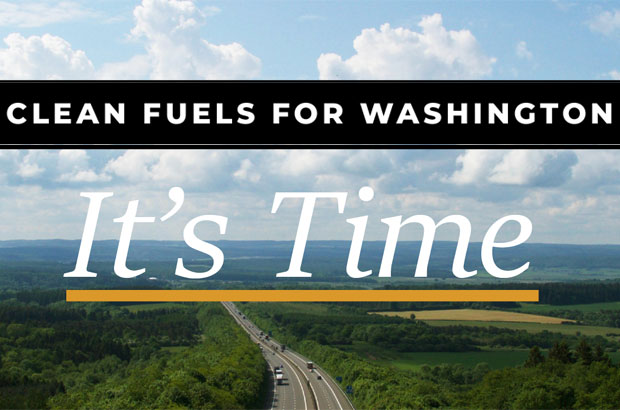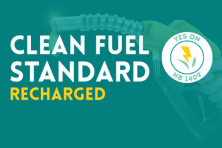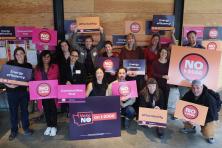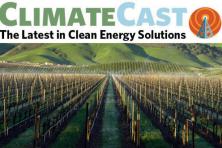The House Appropriations Committee moved HB 1110 (Clean Fuel Standard) out of committee this afternoon. The vote brings Washington State closer to passing a policy aimed at growing the market for low carbon fuels, reducing the costs and impacts of air pollution to public health, and increasing economic investment and returns from local renewable fuel production. This bill is scheduled to reach the House floor for a vote in the coming weeks.
HB 1110 would require oil refiners and importers to reduce the carbon intensity of fuels by 20 percent by 2035, support expanded transportation electrification, and create more homegrown jobs in the production of clean, low-carbon fuels.
This bill has strong support among a diverse group including public health groups, local elected officials, environmental justice groups, clean energy businesses, and science and medical professionals throughout the state. It is part of a suite of significant climate bills moving through the Legislature this session.
Creating a West Coast Clean Fuels Highway
A clean fuel standard is more than just about climate change—it’s about cleaner air, encouraging business and economic development, and reducing the costs and impacts to public health. Washingtonians spend $9 billion annually on gasoline and diesel while many of our locally produced clean fuels are shipped to other states that already have a Clean Fuel Standard. In passing this legislation, Washington would join its neighbors - California, Oregon, and British Columbia – creating a clean West Coast clean fuels highway and strengthening the region’s efforts to reduce GHG emissions and address the deepening impacts of climate change.
Improving Public Health
Dependence on a global fuel market is already costing Washington residents with volatile fuel prices and rising health care costs. The American Lung Association and WA Physicians for Social Responsibility see a Clean Fuel Standard as one of the most important ways to improve public health by decreasing sources of air pollution. Reduced emissions and cleaner air has direct positive health impacts and reduces public health costs across all communities. Lower-income people suffer the most from air pollution and climate change and have the fewest resources to cope, or to pay for health care. A study on California’s Clean Fuels Standard identified $2.5 billion in annual avoided public health costs. This is expected to grow to $8.3 billion by 2025 with a reduction of asthma attacks and related hospitalizations, lower rates of lung cancer and heart attacks, and fewer lost workdays.





